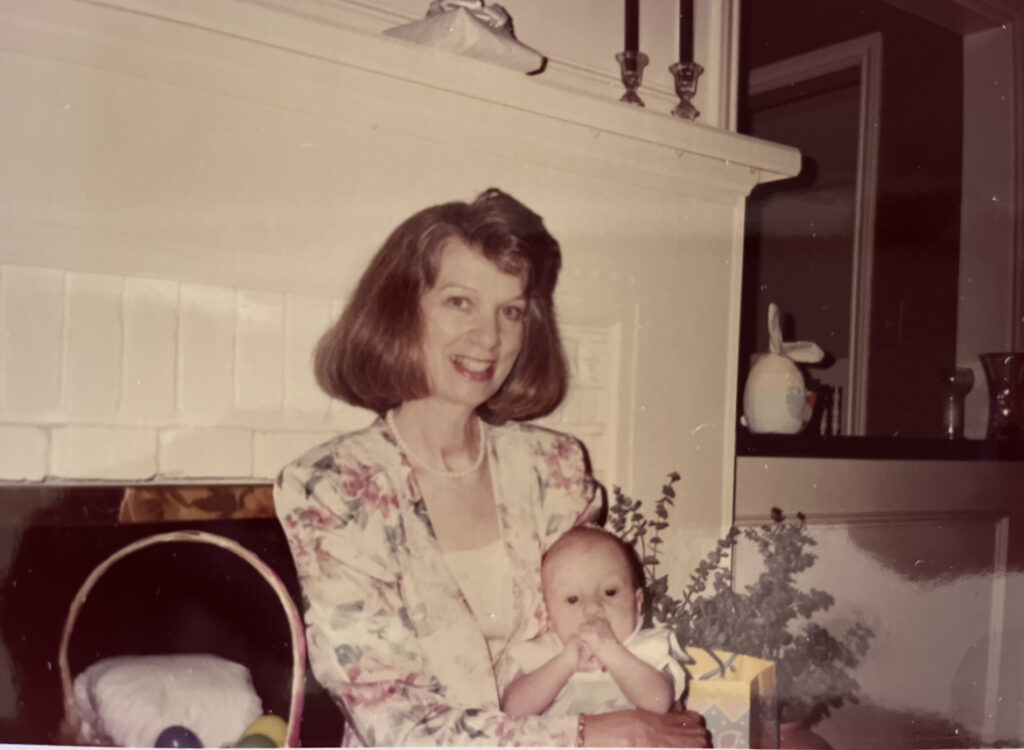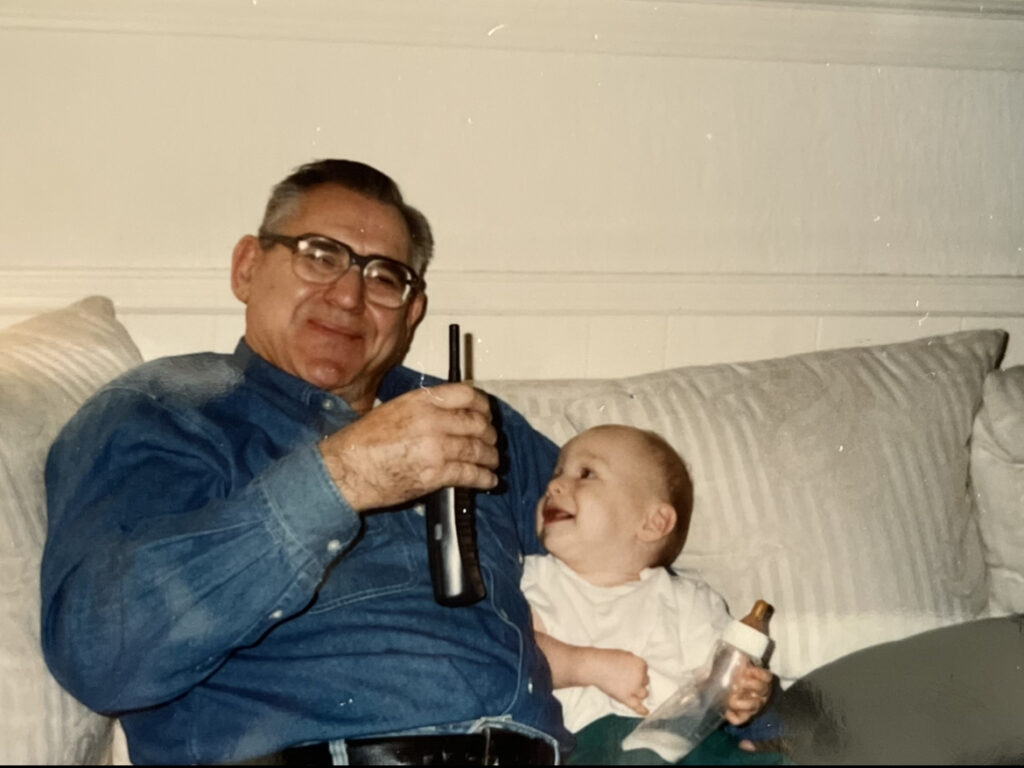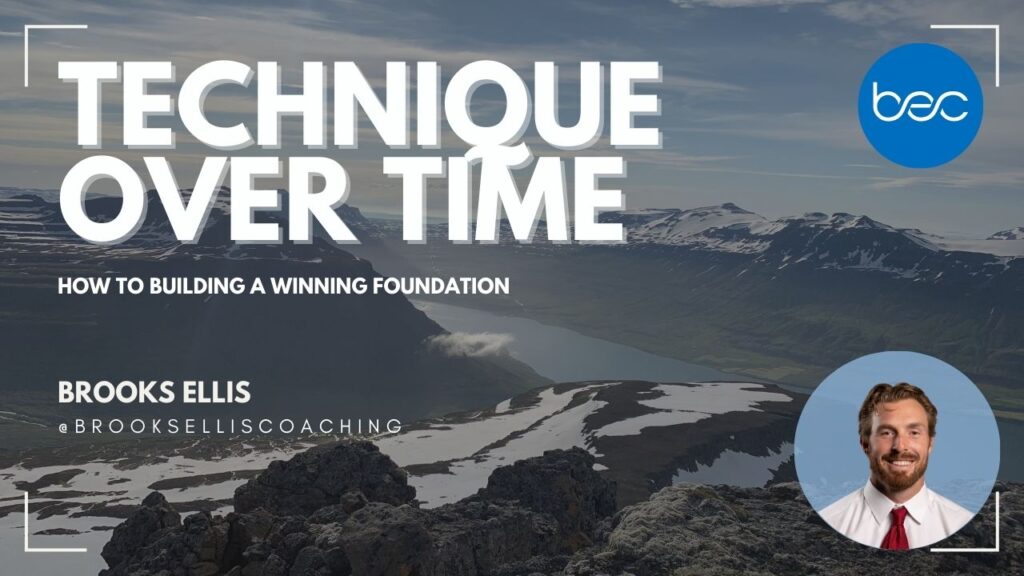

An entire industry driven by financial outcomes, not health outcomes, is guaranteed to perpetuate substandard health advocacy protocols. When patients spend over $200 billion on cancer treatments, and the market is expected to reach $580 billion by 2030 (1, 2), is there any wonder why there is such a lack of urgency to improve health while spending more time in the clinic, getting more tests, getting poked and prodded in the worst of places is the only solution promoted?
Awareness campaigns, simply informing people about the necessity to get screened, are undoubtedly essential, but they’re missing important bits of information that you may not be aware of…
What isn’t talked about in cancer awareness campaigns?
- Obesity increases your risk for at least five cancers by at least 17% (3)
- Cancer cells survive by primarily metabolizing sugar (4)
- Metabolic syndrome (prevalence: 25% in 2011 and 41% in 2016 in the US) increases your risk for cancer (5, 6)
- Mammography screenings give you radiation and pressure that could potentially dislodge a cancer mass, causing it to spread (7)
- Poor sleep increases your risk for obesity (8), mental health disorders (9), and metabolic dysfunction (10), which all contribute to an increased risk for cancer (11)
- Social isolation is worse for you than smoking 15 cigarettes per day and contributes to higher incidences of cancer (the anti-smoking campaign led to the largest dip in cancer rates over the past 30 years) (12, 13)
You probably already know what it takes to be healthy and alive long-term and what makes you more susceptible to cancer. It’s implementing those strategies that’s the issue. The body is designed to run on autopilot, mentally and physically, to save energy for an unexpected attack, making it severely unappealing to change a habit that feels so good and like you.
The very thing keeping you comfortable is also keeping you sick.
Other excuses, such as the cost or pain of changing your lifestyle and diet, may arise. Buying organic apples or strawberries from the farmers market or Whole Foods may cost a bit more than from Walmart. You may feel immense disdain for lifting weights or lack the energy. You may hate your job and feel the only way to cope is through numbing the pain with Netflix or alcohol. Or maybe you can’t fathom giving up your Diet Coke, filled with artificial ingredients now listed as a possible carcinogen by the always trustworthy WHO. (15)
How important are these habits, which seem harmless now, to your existence? Are they critical to your survival? And importantly, does it beat spending countless amounts of money on pharmaceutical drugs, cancer treatments, and suffering from chemo, which depletes you mentally, physically, AND financially? (One of the leading causes of bankruptcy is medical bills.) (16)
The goal of healthcare is not health, unfortunately. Like any well-ran, lucrative business, repeat customers, which bring more money, fancier hospitals, and more vacation homes, is the goal. Healthcare isn’t designed to improve your health or prevent you from cancer; it’s designed to keep you alive while allowing you to maintain the same comfortable diet and lifestyle that made you more susceptible to disease in the first place.
When you wait until the last second to change your health, you risk being too late to save it.
BE
References:
- https://www.cancer.gov/about-nci/budget/fact-book/data/research-funding
- https://www.precedenceresearch.com/oncology-market
- Pati S, Irfan W, Jameel A, Ahmed S, Shahid RK. Obesity and Cancer: A Current Overview of Epidemiology, Pathogenesis, Outcomes, and Management. Cancers (Basel). 2023;15(2):485. Published 2023 Jan 12. doi:10.3390/cancers15020485
- Jang, M., Kim, S. & Lee, J. Cancer cell metabolism: implications for therapeutic targets. Exp Mol Med45, e45 (2013). https://doi.org/10.1038/emm.2013.85
- Collaborators, G. R. F. Global, regional, and national comparative risk assessment of 84 behavioural, environmental and occupational, and metabolic risks or clusters of risks for 195 countries and territories, 1990-2017: a systematic analysis for the Global Burden of Disease Study 2017. Lancet392, 1923–1994 (2018)
- Xiaopeng Liang, Benjamin Or, Man F Tsoi, Ching L Cheung, Bernard M Y Cheung, Prevalence of metabolic syndrome in the United States National Health and Nutrition Examination Survey 2011–18, Postgraduate Medical Journal, Volume 99, Issue 1175, September 2023, Pages 985–992, https://doi.org/10.1093/postmj/qgad008,
- Rasmussen, K., Jørgensen, K. J., & Gøtzsche, P. C. (2013). Citations of scientific results and conflicts of interest: The case of mammography screening. Evidence-Based Medicine, 18(3), 83-89. https://doi.org/10.1136/eb-2012-101216
- Ogilvie RP, Patel SR. The epidemiology of sleep and obesity. Sleep Health. 2017;3(5):383-388. doi:10.1016/j.sleh.2017.07.013
- Milojevich HM, Lukowski AF. Sleep and Mental Health in Undergraduate Students with Generally Healthy Sleep Habits. PLoS One. 2016;11(6):e0156372. Published 2016 Jun 9. doi:10.1371/journal.pone.0156372
- Chasens ER, Imes CC, Kariuki JK, et al. Sleep and Metabolic Syndrome. Nurs Clin North Am. 2021;56(2):203-217. doi:10.1016/j.cnur.2020.10.012
- Chierzi F, Stivanello E, Musti MA, et al. Cancer mortality in Common Mental Disorders: A 10-year retrospective cohort study. Soc Psychiatry Psychiatr Epidemiol. 2023;58(2):309-318. doi:10.1007/s00127-022-02376-x
- Holt-Lunstad J, Smith TB, Layton JB. Social relationships and mortality risk: a meta-analytic review. PLoS Med. 2010;7(7):e1000316. Published 2010 Jul 27. doi:10.1371/journal.pmed.1000316
- https://slate.com/human-interest/2013/02/where-do-the-millions-of-cancer-research-dollars-go-every-year.html
- Seyfried, T.N., Shelton, L.M. Cancer as a metabolic disease. Nutr Metab (Lond) 7, 7 (2010). https://doi.org/10.1186/1743-7075-7-7
- https://www.youtube.com/watch?v=Q_ZK3GqC9xo
- https://www.retireguide.com/retirement-planning/risks/medical-bankruptcy-statistics/#:~:text=Medical%20expenses%20directly%20cause%2066.5,loss%20cause%2044%25%20of%20bankruptcies.
- Beynon RA, Ingle SM, Langdon R, et al. Epigenetic biomarkers of ageing are predictive of mortality risk in a longitudinal clinical cohort of individuals diagnosed with oropharyngeal cancer. Clin Epigenetics. 2022;14(1):1. Published 2022 Jan 3. doi:10.1186/s13148-021-01220-5






